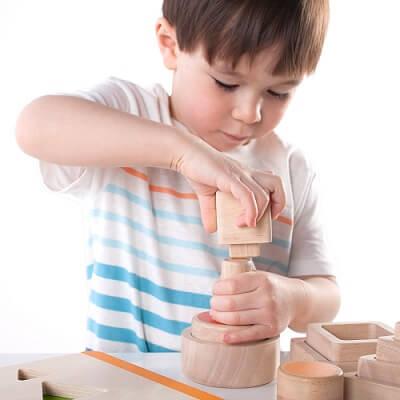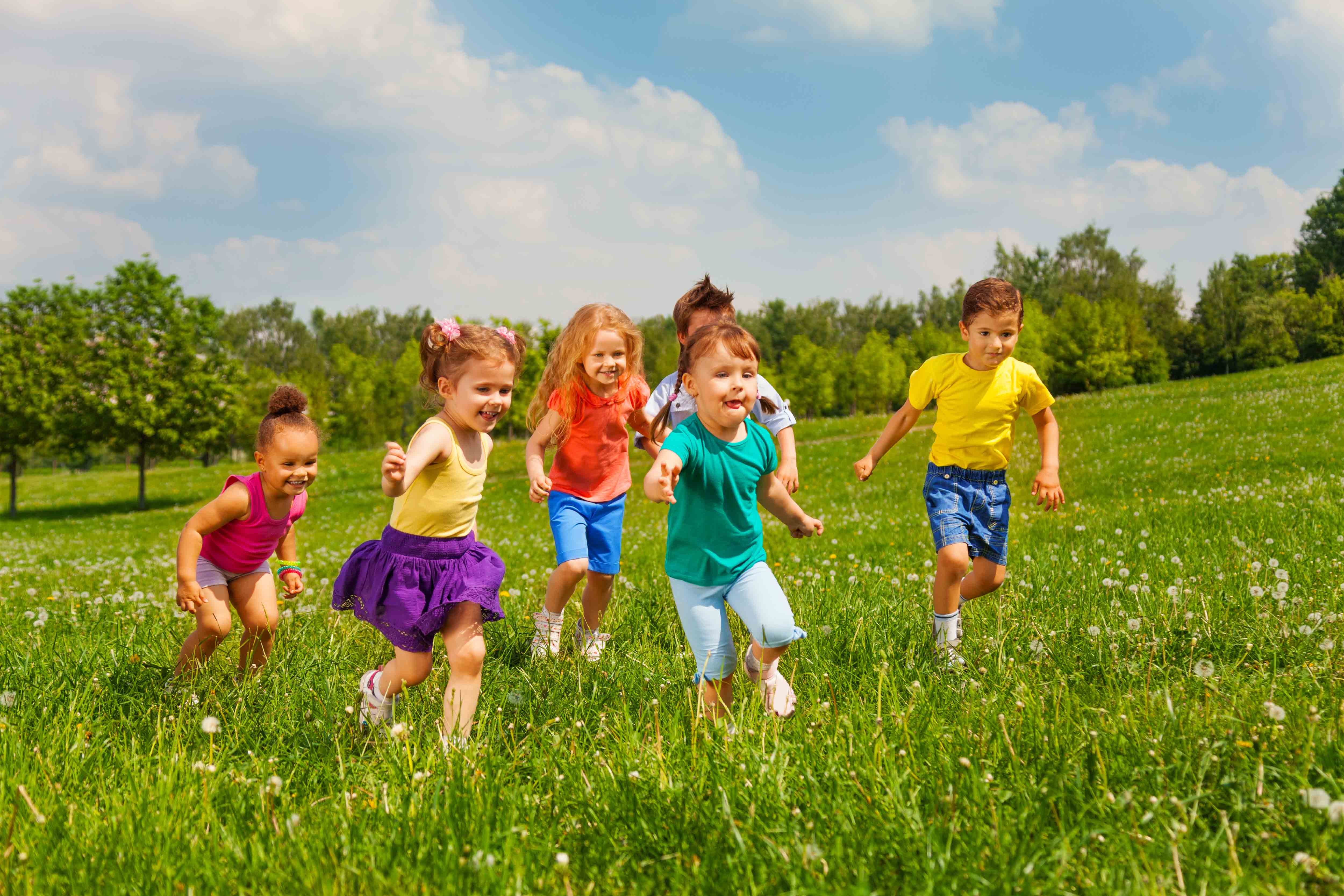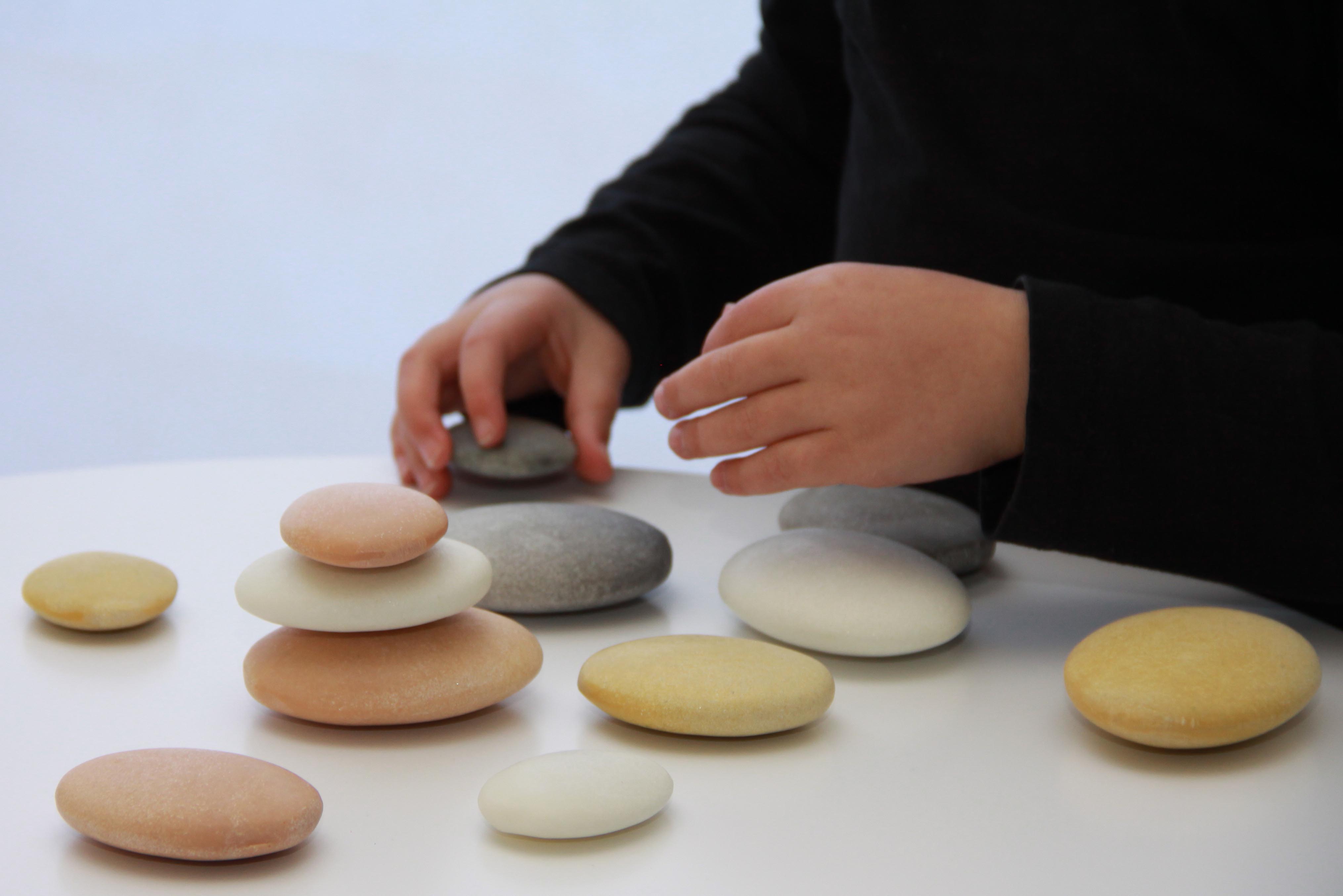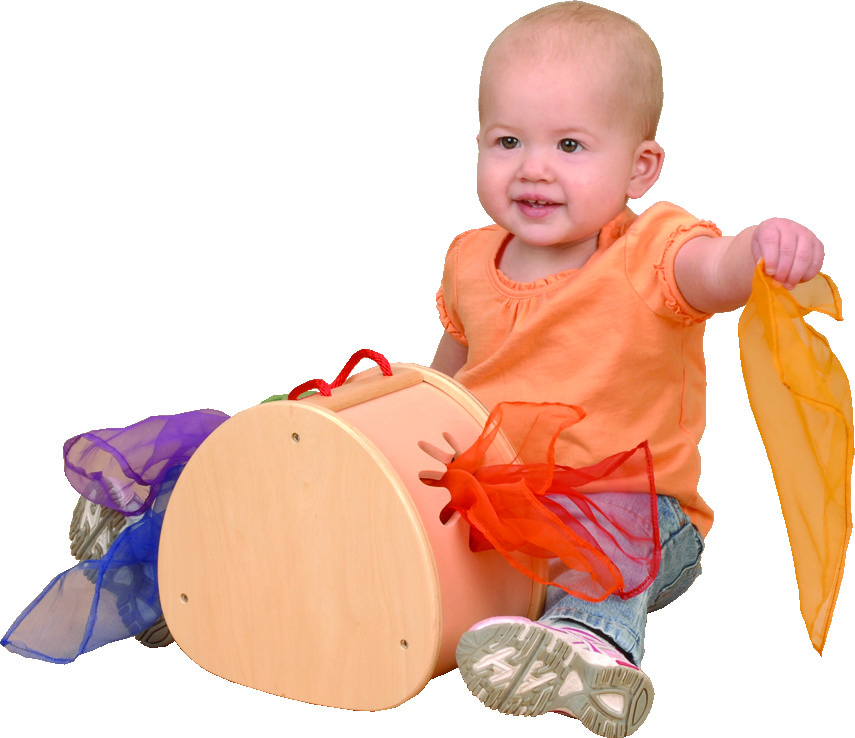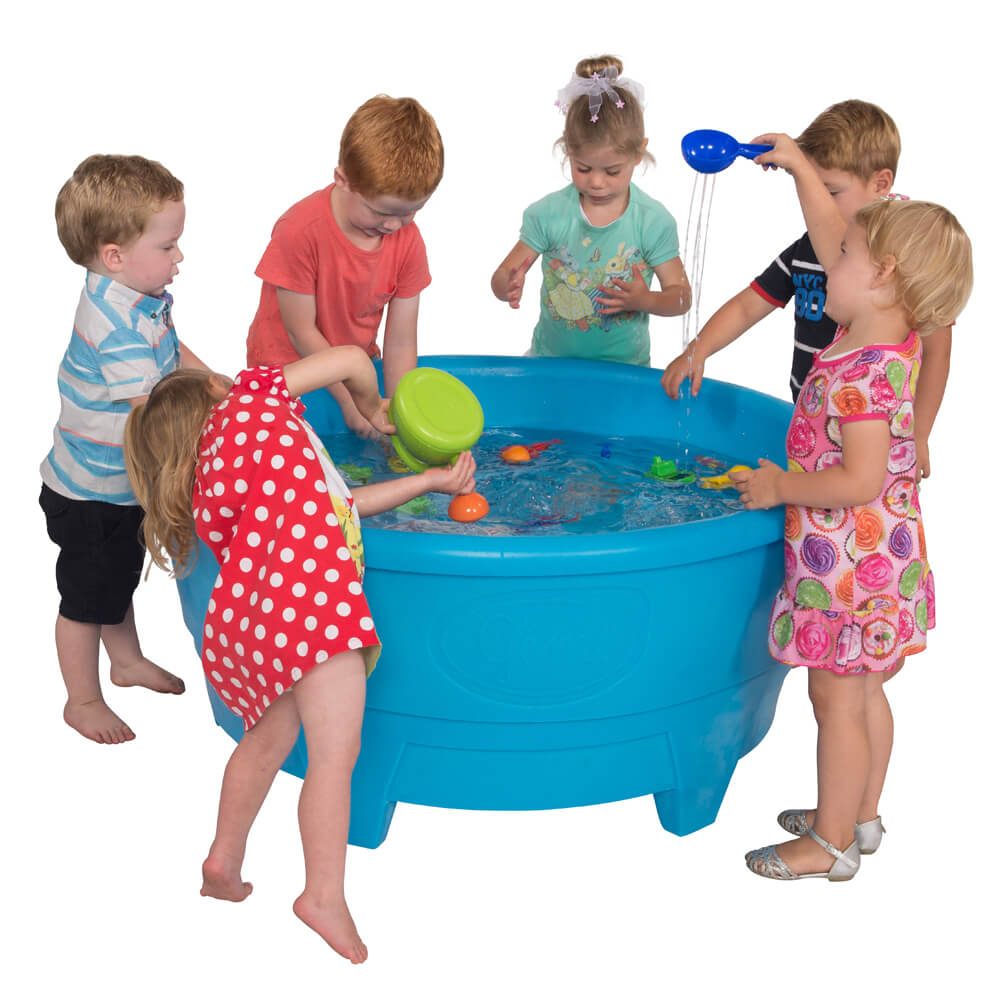Fostering an appreciation for counting at a young age, is a good introduction for toddlers to the concept of numeracy. For very young children, it is important that they have fun exploring maths through everyday activities. But how do we introduce these ideas to toddlers without pressuring them to memorise numbers and do basic math drills?
This week is Mental Health Awareness week - a good time to plan for mental wellness in our early childhood centres. With our youth struggling increasingly, and at an earlier age, with severe mental health issues, it is important to consider how their early childhood experiences can contribute to a happy outlook on life and help them build resilience and problem solving skills. Untreated anxiety places children at greater risk of poor performance at school, substance abuse and depression during adolescence.
Topics: Early Childhood Education Centre, Child Development, Neurodiversity
What is Loose Parts Play and how do children benefit from it?
Possibly one of the oldest kinds of play in the history of mankind, loose parts play is a spontaneous and creative way in which children engage with their environment. The term “loose parts” was coined by a British architect, Simon Nicholson, to describe materials which are used in an open-ended way. Creativity and discovery, according to Nicholson, depend on the presence of the variables available in the environment.
Topics: Child Development
What is Cause and Effect Play?
Few adults who care for young children do not enjoy getting drawn into the delightful hilarity that cause and effect play tends to bring about. Cause and effect play often happens spontaneously when a young child discovers that some action that they initiate has a certain effect, often surprising or funny. Every time the little one drops that spoon on the floor and the big person picks it up, every time they shake a rattle or punch a button and the result is a sound or mechanical action, every time they pinch Granddad’s nose and he snorts playfully - the child learns that they can expect their actions to bring about certain reactions.
Topics: Child Development
Teaching children is a responsibility that we should take seriously. A child’s early education is a crucial step in showing them how important learning truly is. It is somewhat ironic then to consider that one of the best ways to learn is through play. At Play’n’Learn, we understand that a great way to get children thinking is by letting them play.
Topics: Child Development


